In an era marked by rapid technological advancements, one of the most intriguing and controversial developments is the rise of AI-generated music. As artificial intelligence continues to weave its way into every facet of our lives, from autonomous vehicles to healthcare, it’s no surprise that the world of music has also fallen under its influence. This blog post delves into the fascinating world of AI-generated music, exploring its emergence, its implications for the music industry, and its potential to reshape the way we create and experience music.
The Genesis of AI-Generated Music
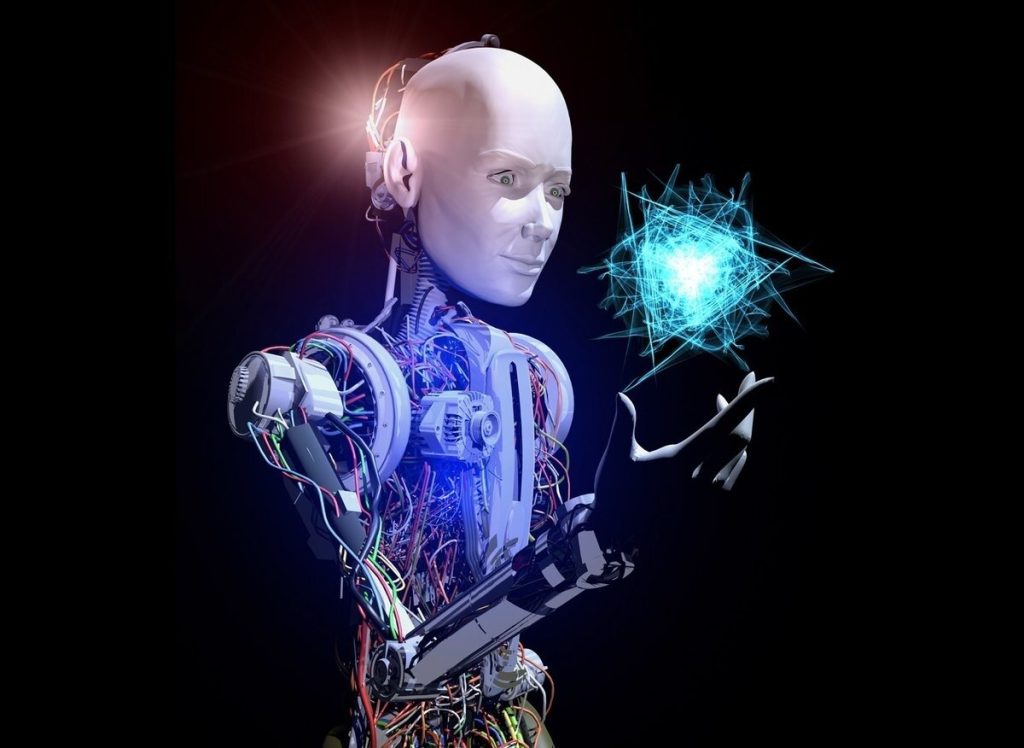
AI-generated music is the result of marrying cutting-edge technology with the age-old human desire for musical expression. It all starts with algorithms and machine learning models that analyze vast amounts of musical data. These algorithms can dissect existing songs, identify patterns, and generate original compositions based on the knowledge they’ve acquired. The idea of AI creating music might seem novel, but the roots of this concept date back decades.
One of the earliest attempts at AI-generated music can be traced to the 1950s when computers were first used to compose music. However, the results were often rudimentary and lacked the emotional depth that human composers could infuse into their work. Fast forward to the present day, and AI-generated music has made significant strides, thanks to advances in machine learning and neural networks.
The AI Music Composers
AI-generated music is not limited to a single genre or style. These digital composers can create everything from classical symphonies to avant-garde electronic beats. Some AI composers are even capable of mimicking specific artists or styles with astounding accuracy. For instance, OpenAI’s GPT-3 can generate lyrics that closely resemble the writing style of famous musicians.
These AI composers can churn out music at an unprecedented pace, making it an invaluable tool for content creators, filmmakers, and musicians looking to experiment with new sounds and ideas. Additionally, AI-generated music can provide a steady stream of background music for various applications, from video games to relaxation apps.
The Impact on the Music Industry
The advent of AI-generated music raises questions about its impact on the music industry, particularly for human musicians and composers. Some argue that AI could replace human artists, rendering them obsolete. However, a more optimistic perspective suggests that AI can be a powerful collaborator and tool for human musicians.
AI-generated music can assist composers in brainstorming ideas, suggesting chord progressions, or generating melodies. It can automate time-consuming tasks, allowing artists to focus more on the creative aspects of their work. Furthermore, AI can help bridge language barriers in music, enabling cross-cultural collaborations and expanding the global reach of musical genres.
The Ethical Dilemmas
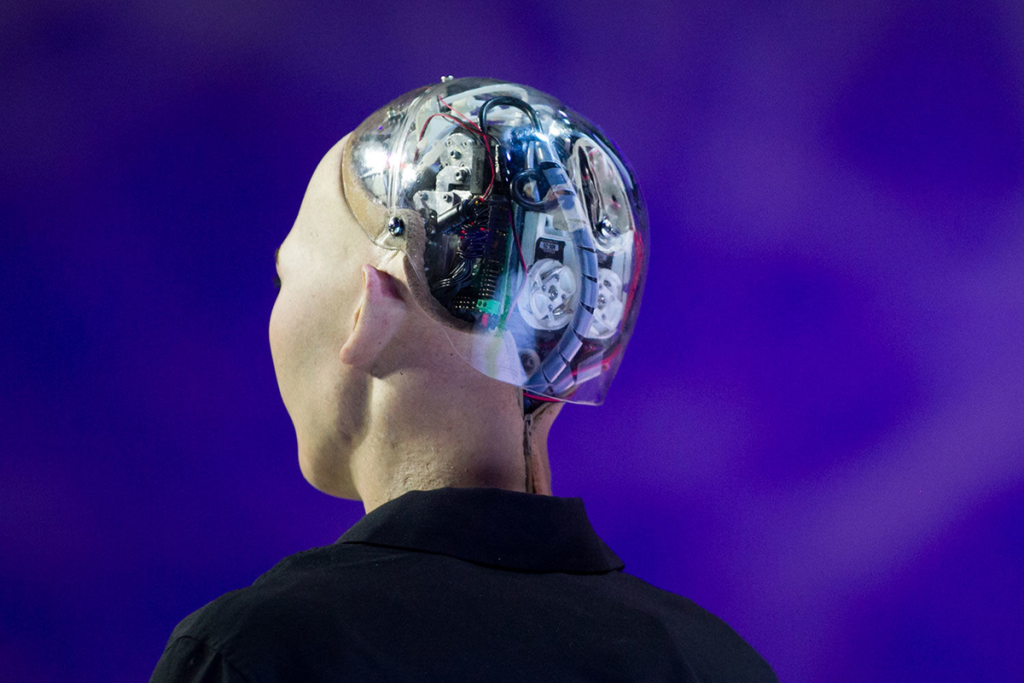
While the rise of AI-generated music offers numerous benefits, it also raises ethical dilemmas. One of the primary concerns is the potential loss of human creativity and authenticity in music. Can a machine truly replicate the depth of human emotions and experiences that often fuel musical expression? Furthermore, there are concerns about copyright and ownership when AI generates music. Who owns the rights to compositions created by machines, and how should artists be compensated for their collaborative efforts with AI?
The Future of Music
As AI-generated music continues to evolve, it’s clear that it’s here to stay. Its integration into the music industry will likely lead to new and exciting possibilities, from innovative collaborations between humans and machines to entirely new genres of music that emerge from the depths of artificial intelligence.
In conclusion, the rise of AI-generated music represents a significant transformation in the world of music creation and consumption. While it brings both promise and challenges, it’s a testament to the boundless potential of technology to reshape our artistic landscapes. As we tune in to the future, we must navigate the delicate balance between human creativity and the power of artificial intelligence in the realm of music.

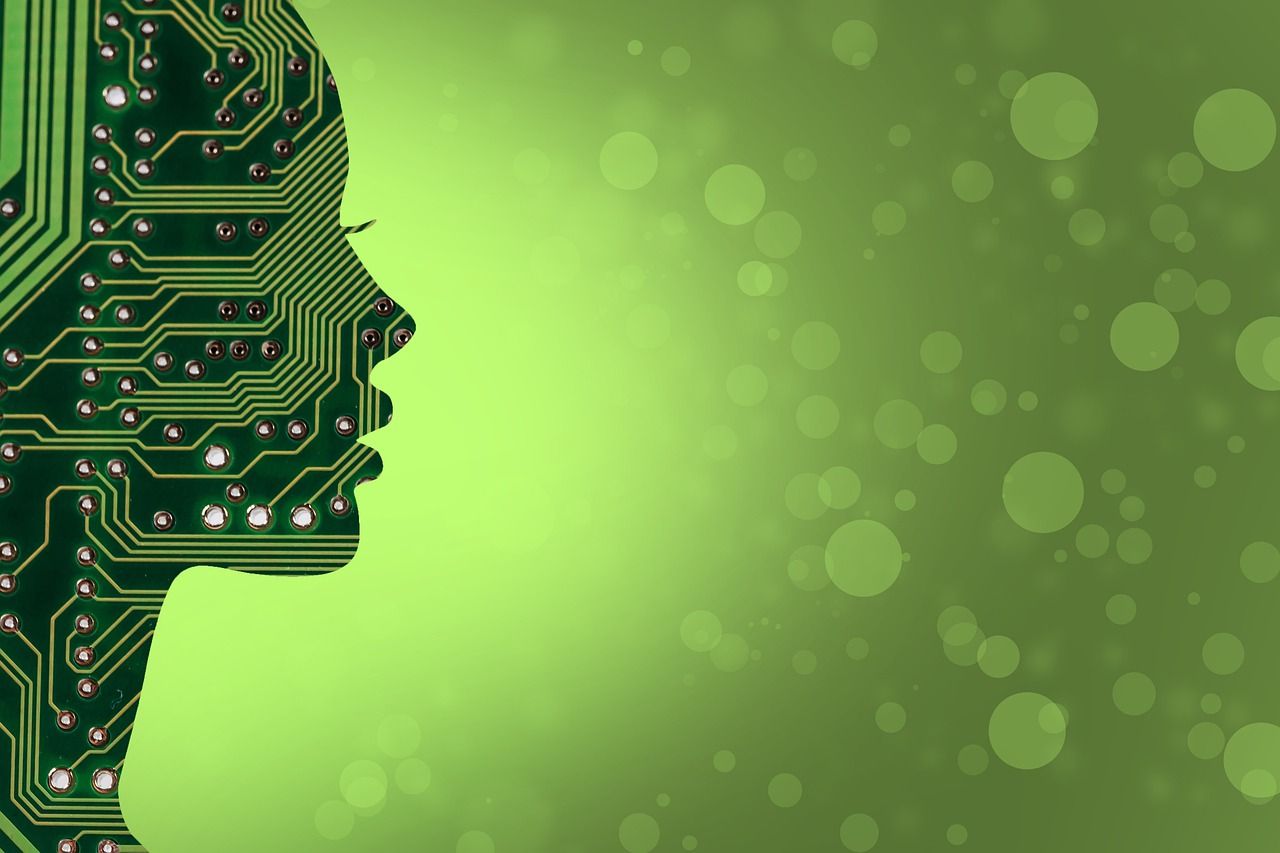
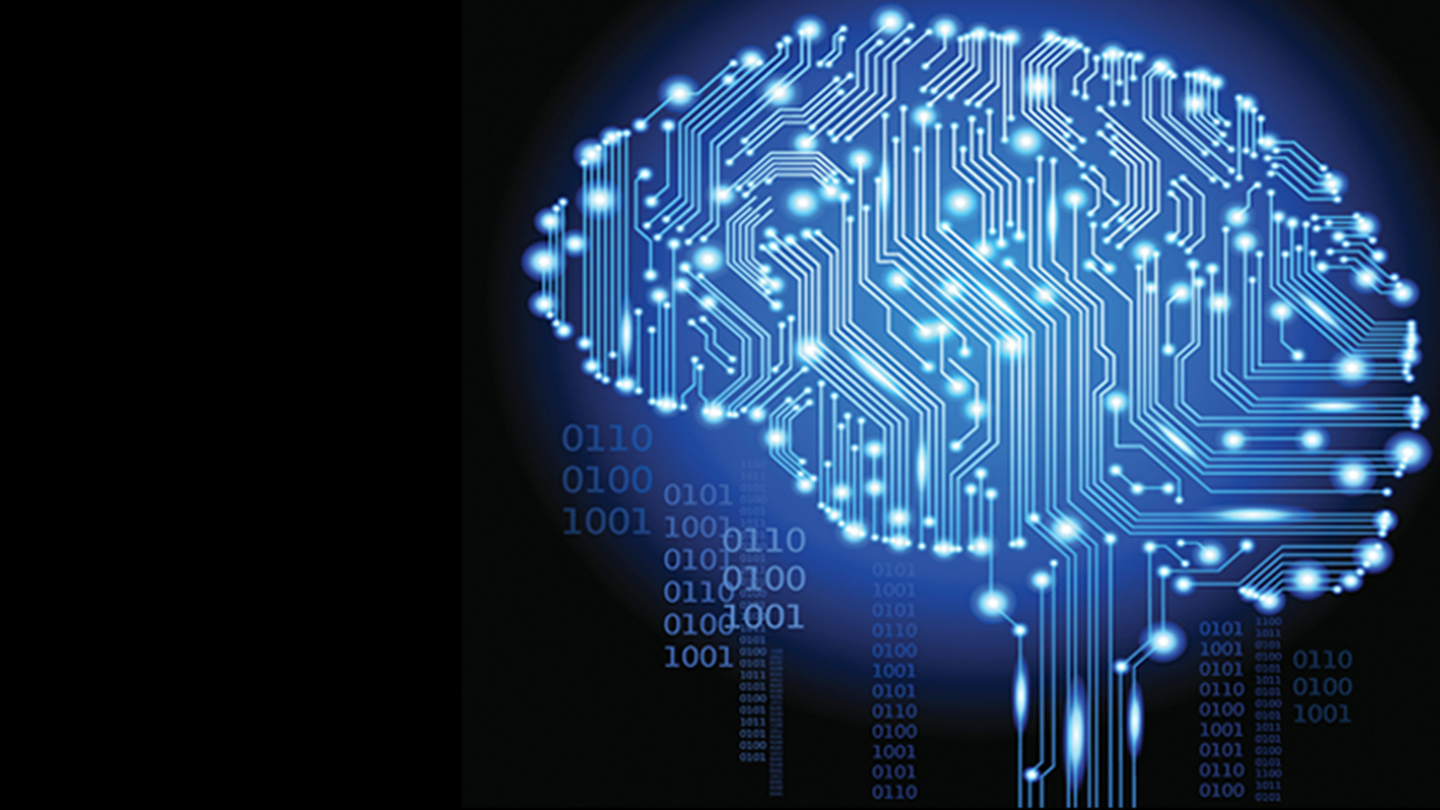
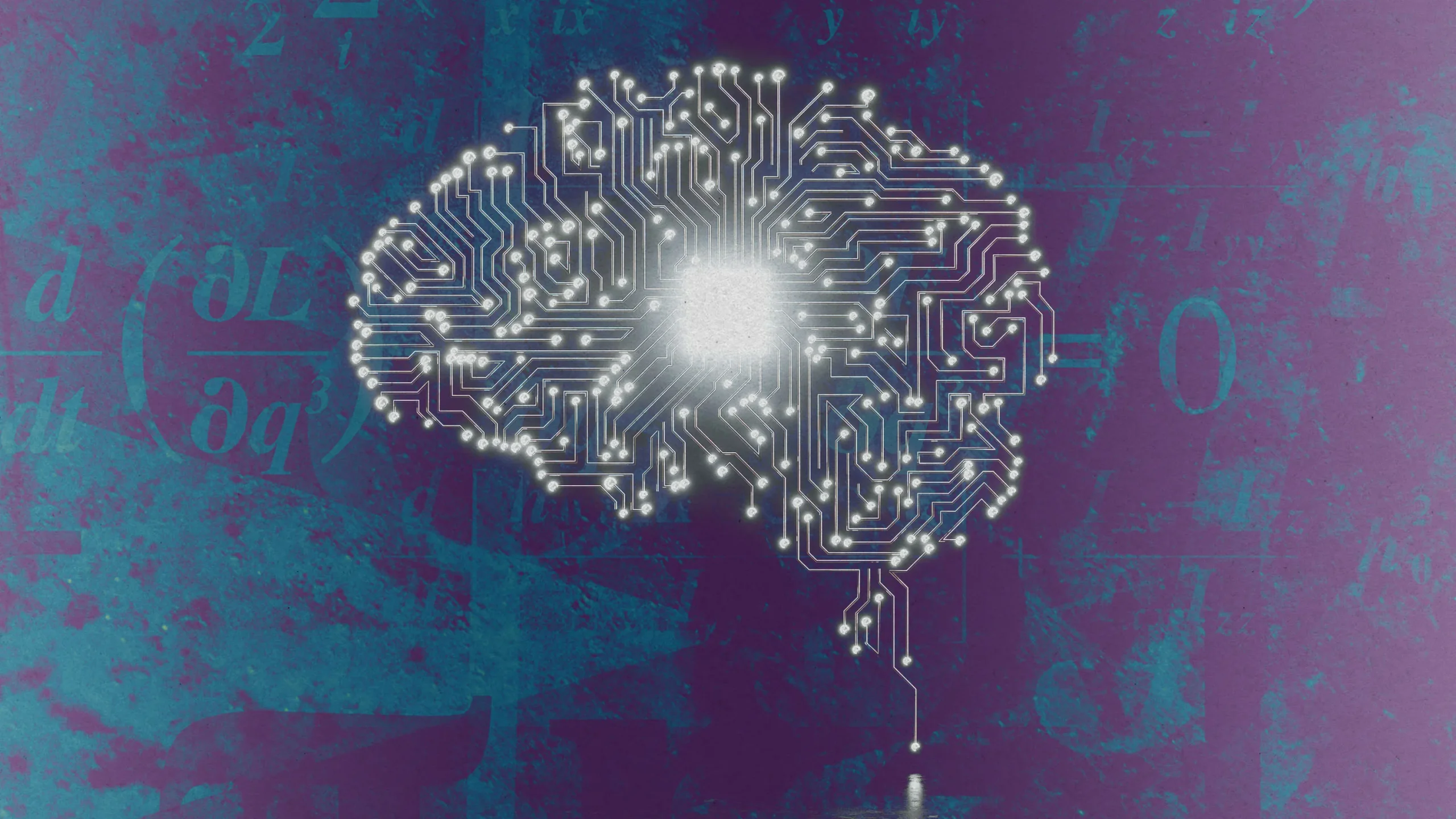
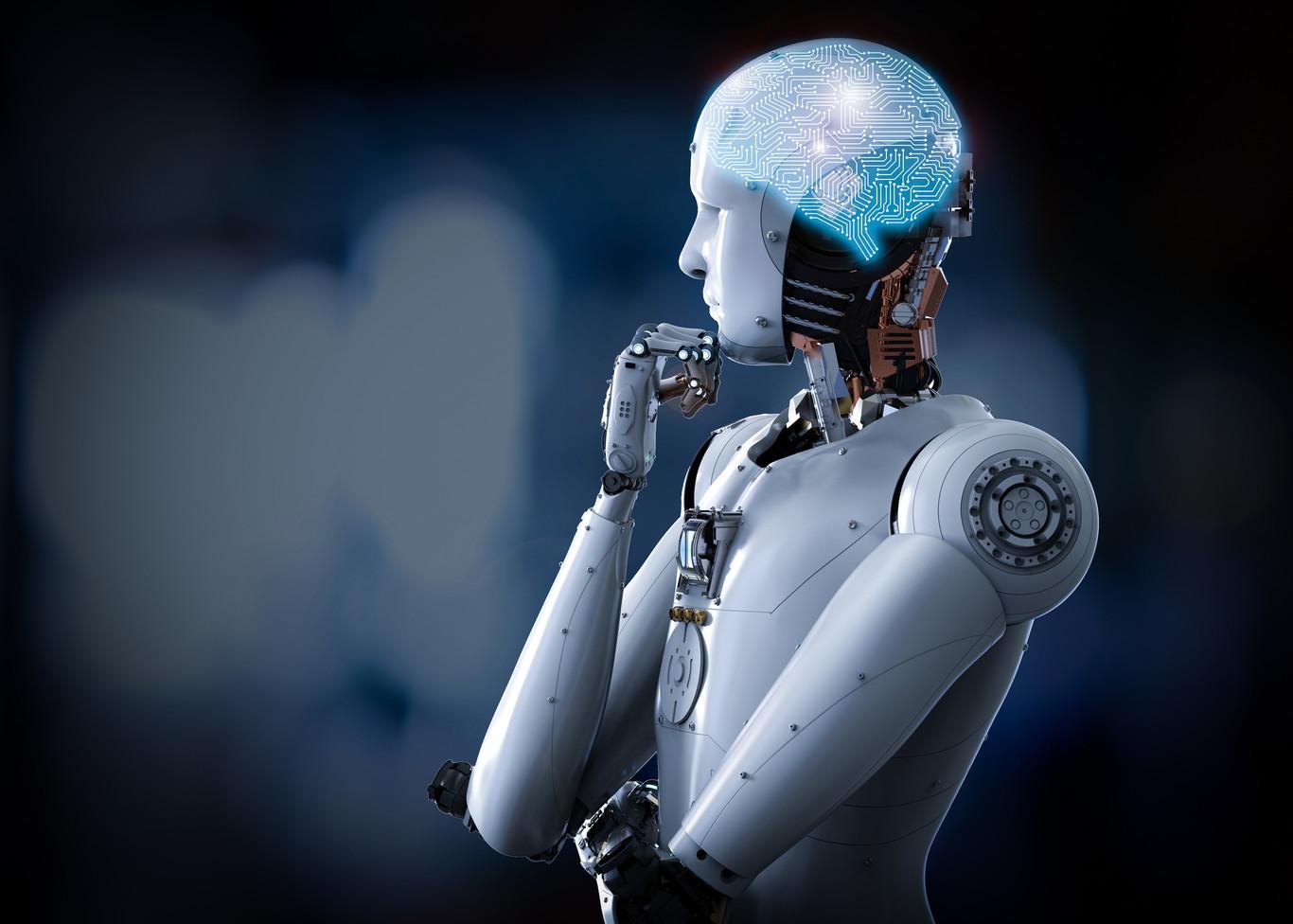
Leave a Reply